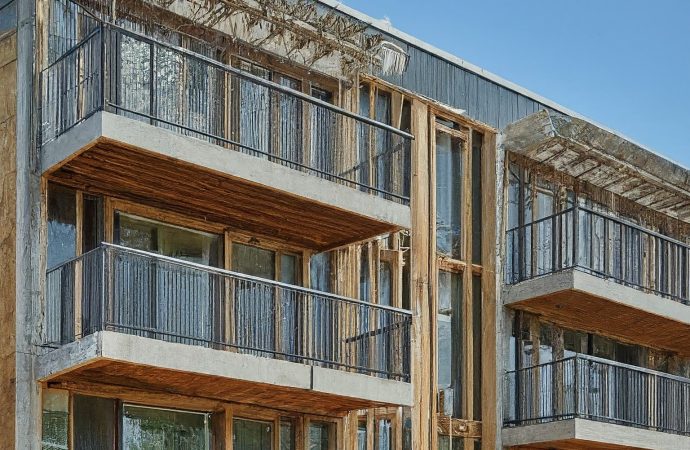About the Author Sarah Jones is a seasoned renter with a passion for personal finance. Having navigated various rental markets, she enjoys sharing her experiences and insights to empower renters to make informed decisions. Headings Rent Relief on the Horizon? Understanding the Rental Market Slowdown What Caused the Shift? Is This a Permanent Change? (For
About the Author
Sarah Jones is a seasoned renter with a passion for personal finance. Having navigated various rental markets, she enjoys sharing her experiences and insights to empower renters to make informed decisions.
Headings
- Rent Relief on the Horizon?
- Understanding the Rental Market Slowdown
- What Caused the Shift?
- Is This a Permanent Change? (For Renters)
- Is This a Buying Opportunity? (For Investors)
- Tips for Navigating the Changing Landscape (For Renters & Investors)
- Conclusion: Finding Opportunity in Transition
Informative Table:
| Factor | Impact on Renters | Impact on Investors |
|---|---|---|
| Slowing Rent Growth | Potentially stabilized or decreased rents | May see lower returns or delayed rent increases |
| Increased Supply of Rentals | More options and potentially easier negotiation | May face higher vacancy rates or increased competition |
| Economic Uncertainty | Renters may prioritize affordability | Investors may adopt a wait-and-see approach |

The Ultimate Guide to Renting in NYC for Under $1,200
The past few years have been brutal for renters. Soaring rent prices have pushed affordability to the brink, forcing many to make tough choices about their living situations. But a recent report from Zillow brings a glimmer of hope: rental market growth is showing signs of slowing down. This shift has important implications for both renters and investors, and understanding the reasons behind it is crucial for navigating the changing landscape.
Understanding the Rental Market Slowdown
The slowdown refers to the decreasing rate of growth in rental prices. While rents haven’t necessarily started falling, the significant increases seen in recent years are starting to taper off. This means that renters may see a period of stability or even slight decreases in rent prices.
What Caused the Shift?
Several factors are contributing to the slowdown:
- Increased Supply: New construction of rental units is finally starting to catch up with demand, easing the pressure on existing rentals.
- Economic Uncertainty: A potential economic slowdown could lead to job losses and decreased rental demand.
Is This a Permanent Change? (For Renters)
While it’s too early to say definitively, the slowdown could offer renters some much-needed relief in the short term. However, long-term trends like population growth and urbanization will continue to put pressure on the rental market.
Is This a Buying Opportunity? (For Investors)
Investors accustomed to strong rental growth may see lower returns or delayed rent increases. However, the slowdown could also present a buying opportunity, especially for investors seeking stable, long-term investments.
Tips for Navigating the Changing Landscape (For Renters & Investors)
- Renters: Stay informed about market trends in your area. Be prepared to negotiate and shop around for the best deals.
- Investors: Conduct thorough market research before investing. Consider areas with strong job markets and a diverse housing stock.
Conclusion: Finding Opportunity in Transition
The slowdown in the rental market presents both challenges and opportunities for renters and investors. By staying informed and adapting their strategies, both groups can navigate this transition and make informed decisions.
















